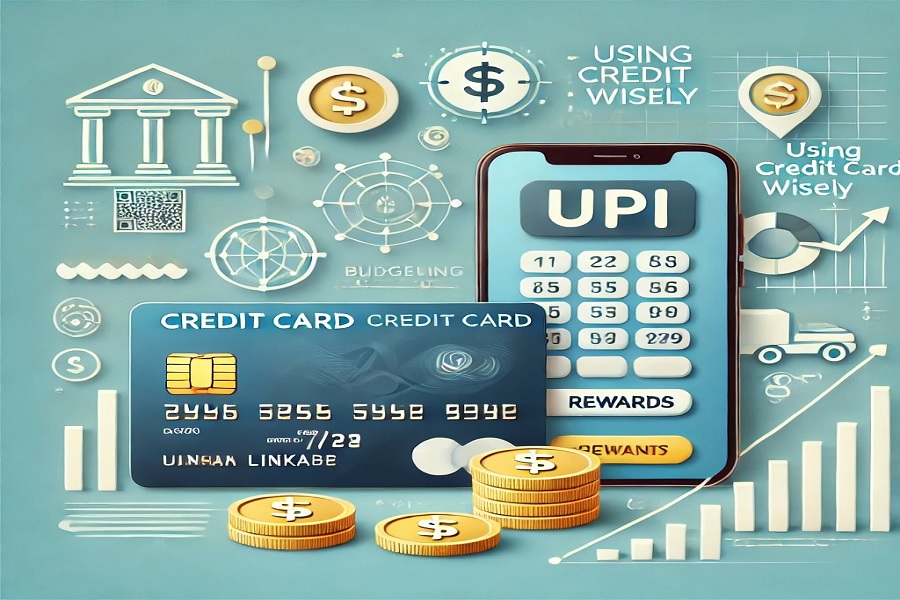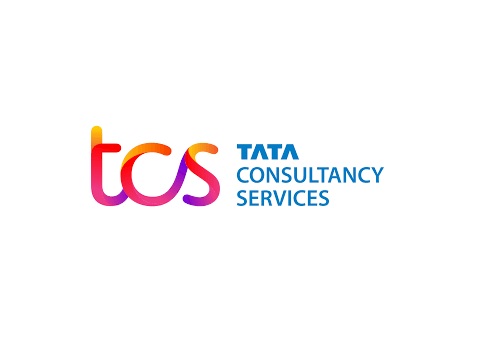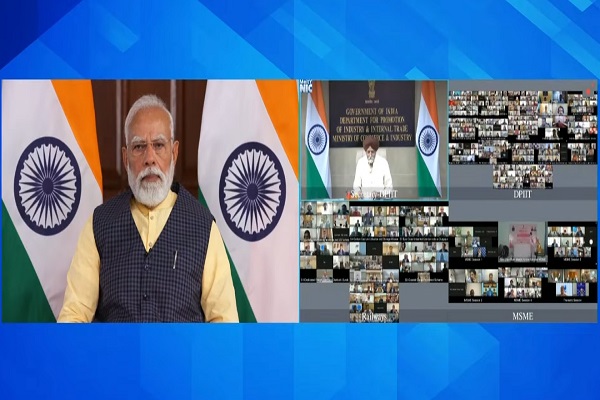How to Use Your Credit Card Wisely: Essential Tips for Indian Consumers

Credit cards are a double-edged sword. They offer unmatched convenience, rewards, and a way to build credit history, but if mismanaged, they can quickly lead to high-interest debt. Here’s a guide to using your credit card wisely to ensure financial security and maximize its benefits.
1. Understand Your Credit Card Terms Thoroughly
* Interest Rates (APR): Indian credit cards often have annual percentage rates ranging from 30% to 42%. Carrying a balance can lead to substantial interest charges. For instance, a Rs.10,000 balance at a 36% APR can accrue Rs.3,600 in interest annually.
* Fees and Charges: Be aware of annual fees, late payment penalties, over-limit charges, and foreign transaction fees. Some cards waive annual fees if you meet specific spending thresholds. For example, certain cards waive the annual fee if you spend over Rs.1 lakh annually.
* Grace Period: Typically, Indian credit cards offer a 20-50 day interest-free period. Purchasing immediately after your billing date can maximize this period.
2. Pay Your Balance in Full Each Month
*Avoid Interest Charges: By clearing your balance monthly, you sidestep high-interest costs. For example, paying only the minimum due on a Rs.50,000 balance at 36% APR can take years to repay and cost thousands in interest.
*Automate Payments: Set up auto-debit instructions to ensure timely payments, safeguarding your credit score.
3. Maintain a Low Credit Utilization Ratio
* Stay Below 30% Usage: If your credit limit is Rs.1 lakh, aim to keep outstanding balances below Rs.30,000. High utilization can negatively impact your credit score.
* Multiple Payments: Making payments before the billing cycle ends can help maintain a low reported balance.
4. Choose Rewards That Align with Your Spending
- *Relevant Rewards: Select cards offering cashback or points on categories you frequently spend on, such as groceries, fuel, or dining. For instance, some cards offer 5% cashback on fuel purchases.
- *Avoid Overspending: Don't let rewards tempt you into unnecessary expenditures.
5. Leverage Promotional Offers and UPI Linkage
* No-Cost EMIs: Many Indian retailers offer 0% EMI options on credit cards for big-ticket items. Ensure there are no hidden processing fees.
* Balance Transfers: Transferring high-interest debt to a card with a lower rate can save on interest, but be mindful of transfer fees.
* Linking Credit Cards with UPI: Recently, Indian banks have started allowing credit cards to be linked with UPI platforms like BHIM and Paytm. This enables you to use your credit card for transactions in stores or online without sharing card details. However, remember to monitor spending closely, as UPI’s ease of use can sometimes lead to unplanned expenses. Check with your bank to understand if your credit card is compatible with UPI.
6. Monitor Your Account Regularly
* Set Up Alerts: Enable SMS and email notifications for transactions, payment due dates, and nearing credit limits.
* Review Statements: Regularly check for unauthorized transactions or errors. Prompt reporting can prevent potential losses.
7. Build and Maintain a Healthy Credit Score
* Timely Payments: Consistent on-time payments positively impact your credit score, essential for future loan approvals.
* Limit New Applications: Frequent credit inquiries can lower your score. Apply for new credit only when necessary.
8. Avoid Cash Advances
* High Costs: Cash withdrawals on credit cards attract immediate interest and hefty fees. For example, a Rs.10,000 cash advance might incur a 2.5% fee plus 36% interest from day one.
* Seek Alternatives: Consider personal loans or other credit facilities with lower interest rates for cash needs.
9. Stick to Your Budget
* Avoid Impulse Purchases: Credit cards can make overspending easy. Adhere to a budget to prevent debt accumulation.
* Use for Planned Expenses: Utilize credit cards for regular, budgeted expenses to earn rewards without overspending.
10. Review Statements for Accuracy
* Track Spending: Regular reviews help identify spending patterns and areas to cut back.
* Identify Errors: Spotting and reporting discrepancies promptly can prevent fraud and unauthorized charges.
Final Thoughts
Credit cards, when used responsibly, offer numerous advantages, from rewards and cashback to interest-free purchases and building credit. By understanding your card’s terms, keeping spending within limits, and paying off balances on time, you can harness the power of credit cards without falling into debt. Treat your credit card as a financial tool rather than a means for additional income, and you’ll reap the benefits responsibly.























